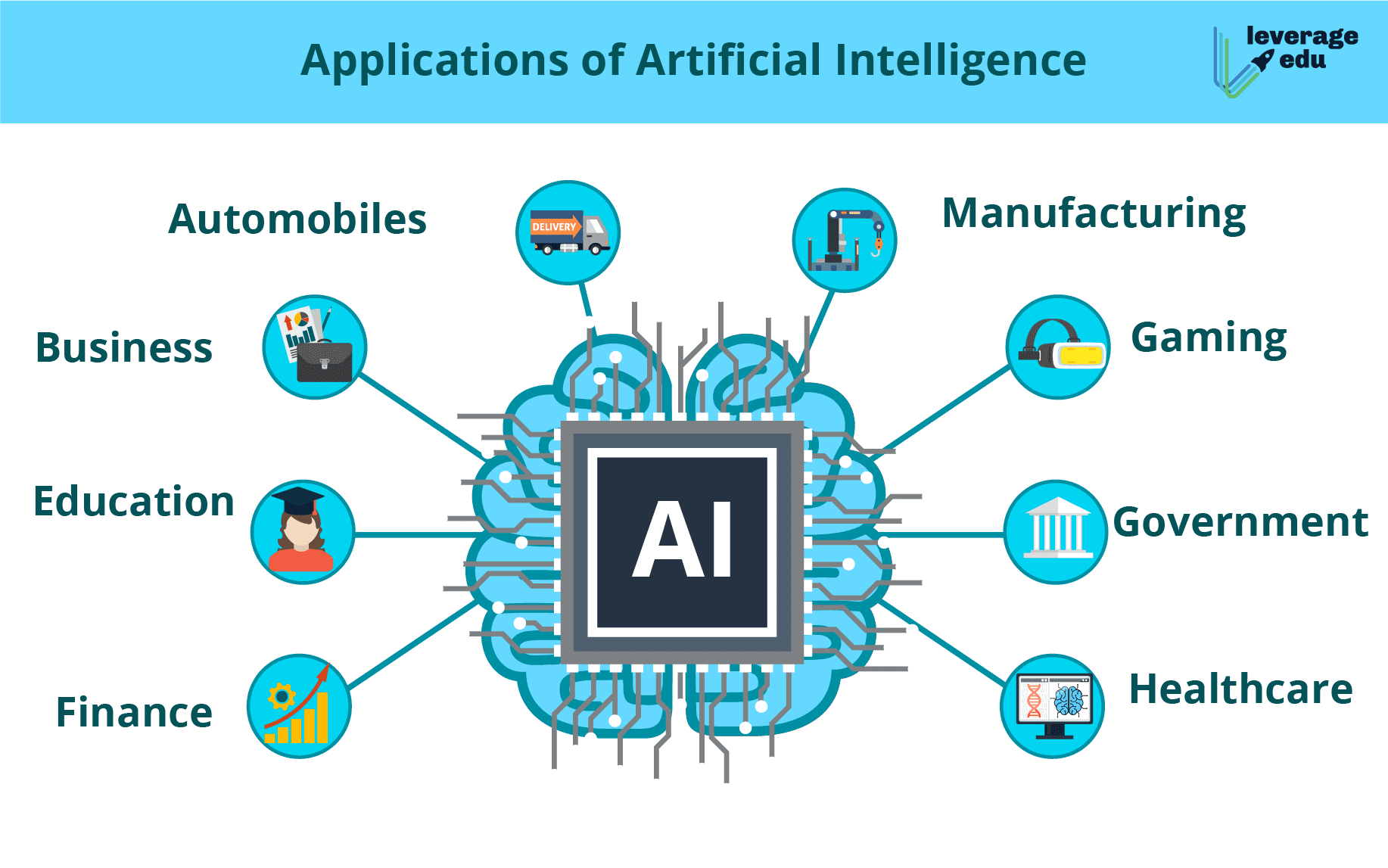In an era marked by unparalleled technological advancement, Artificial Intelligence (AI) emerges as a front-runner, poised to reshape industries ranging from finance to healthcare. Originating from the computing realm, AI has undergone decades of evolution to emerge as a revolutionary technology with the potential to bring about transformative changes.
Within the Kenyan landscape, the integration of AI signifies not only technological progress but also a significant leap forward in various sectors. Oxford Insights’ 2022 report ranks Kenya as Africa’s fifth most AI-ready nation, positioning it to leverage AI for reshaping public services and more. The journey ahead is expansive, presenting numerous opportunities to harness AI’s potential for propelling the nation to unprecedented heights.
The influx and expansion of major technological corporations like Microsoft, Google, IBM, and Amazon underscore Kenya’s unique role in shaping not only its own but also the region’s future in AI development and adoption. The flourishing AI ecosystem in Kenya, marked by initiatives like Deep Learning Indaba-X Kenya and Data Science Africa, reflects the nation’s commitment to AI alongside a thriving start-up community eager to utilize AI for providing innovative business solutions.
The rise of women-led communities, exemplified by groups like Women in Data Science – Kenya, is fostering a new wave of tech enthusiasts and female leaders, highlighting the inclusivity of Kenya’s tech revolution. Visualize Kenya’s agricultural sector, a linchpin of its economy, embracing AI to revolutionize farming practices. AI-powered tools could optimize crop management, enhance fertilizer use, and improve irrigation efficiency, thereby increasing productivity and fortifying food security against the backdrop of climate change.
In healthcare, AI’s role is pivotal, envisioning Kenyan hospitals utilizing AI algorithms for analyzing medical data, diagnosing diseases, and personalizing treatments. AI in telemedicine could bridge the gap in rural healthcare accessibility, transforming patient care and medical research nationwide. The educational landscape is poised for a paradigm shift with AI integration, as intelligent tutoring systems offer personalized learning, addressing diverse student needs and revolutionizing the educational experience.
In wildlife conservation, integral to Kenya’s tourism, AI could play a crucial role in safeguarding wildlife and sustaining ecosystems. From mitigating human-wildlife conflicts to monitoring endangered species like the Maasai Giraffe, AI could prove instrumental in conservation efforts. However, the journey toward AI integration is not without challenges. Considerations include identifying areas where AI can provide significant benefits, understanding the nuances of the problems AI aims to solve, and addressing potential impacts.
Ethical considerations, such as data privacy, fairness, and resilience against adversarial risks, are paramount. Transparency and explainability of AI solutions are crucial for building trust and ensuring ethical deployment. As Kenya moves towards an AI-empowered future, bridging the digital divide, enhancing AI literacy, and addressing the skills gap in AI and STEM fields are imperative. The nation stands at a crossroads, with AI offering a path to innovation and growth, emphasizing the responsible and ethical use of AI for a future that benefits all Kenyans. This positions Kenya as a beacon of technological advancement in Africa and beyond.





